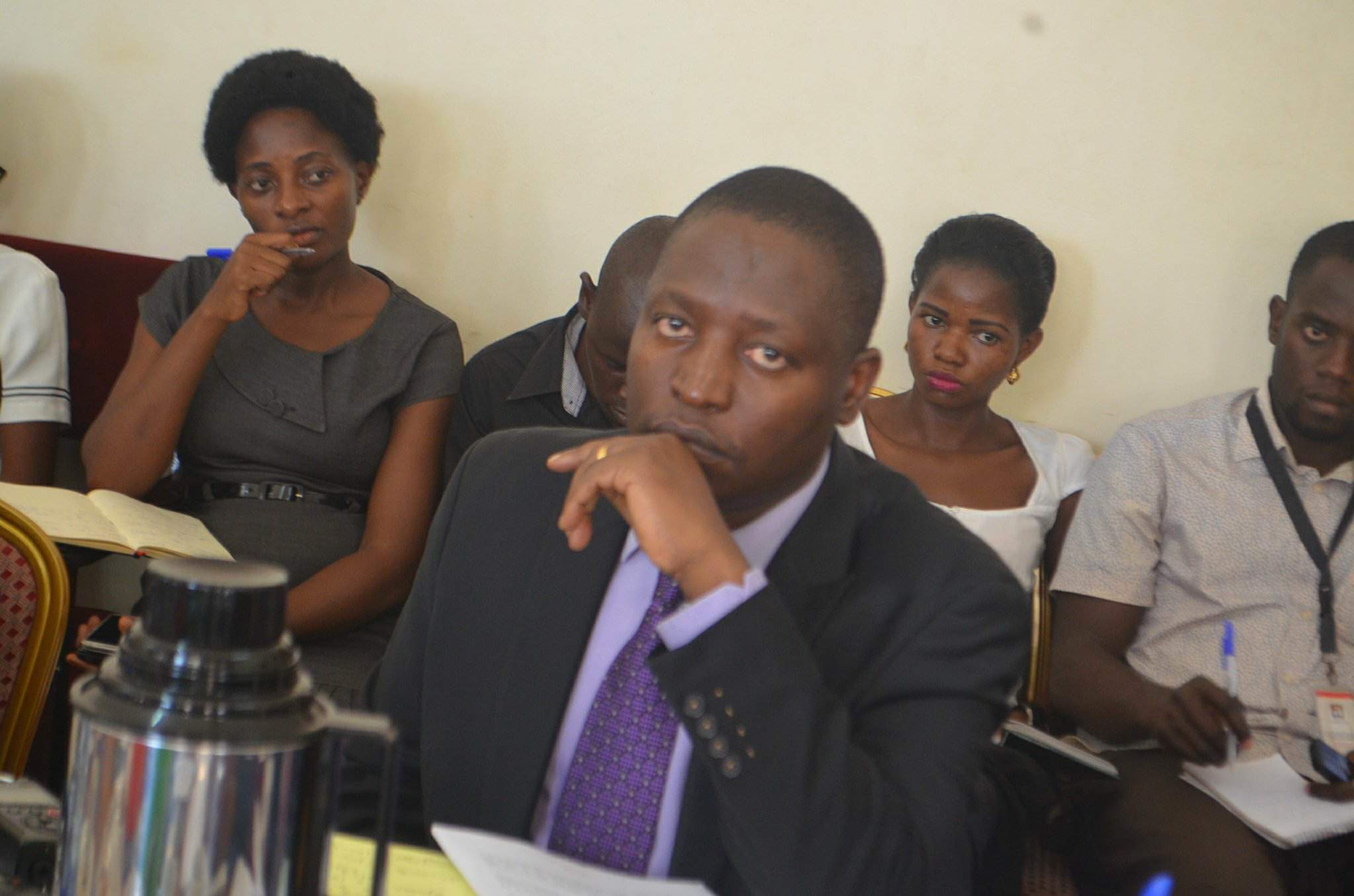Members of Parliament tasked officials from the Ministry of Finance to explain why the country continues to borrow funds both internally and externally yet there is persistent underutilization of these loans.
Officials from the Ministry of Finance led by the State Minister for Planning, David Bahati were Tuesday appearing before the Finance Committee of Parliament to present their policy statement.
Kioga County MP, Antony Okello expressed skepticism over the Ministry’s policy statement questioning the lumpsum figures of both the domestic and external debt provided without giving a breakdown of how the loans are utilized.
“You even get more confused with this kind of presentation. As soon as you acquire a debt, the next thing is to utilize and pay. But we are already paying what we have not yet utilized here. Can we have a list of borrowed but unutilized loans to which we pay interest?” Okello demanded from the officials.
The Committee chairperson, Henry Musasizi tasked the officials to explain why they borrow simply because there is money to be borrowed.
“The issue before us is why you contract a loan which you are not going to use. In other words, you are borrowing money which you don’t want,” he stated.
“Just like my colleagues have said you borrow simply because a certain bank has advertised some funds available and just run there and pick it,” Musasizi noted.
In response, Minister Bahati said that some of the reasons hindering implementation of projects financed by borrowed funds included delayed counterpart funding from government. He explained that in some cases, government borrows on terms that it must pay 15% as down payment before accessing the loan.
Bahati however said that the Ministry of Finance is trying to resolve this by negotiating with lenders to see if government can pay the 15% in the course of servicing the loan.
Musasizi went ahead to ask Bahati why he commits government into borrowing well knowing that there are conditions attached to the loan that the Ministry will not to comply to.
The Minister assured members that the Ministry will no longer be contracting new loans unless they are assured of counterpart funding.
Bahati also said that the other challenge the Ministry faces is procuring for projects which come when the government has already borrowed.
He however said that they have made a decision to amend that public procurement law to enable government borrow on purpose.
According to the policy statement, in the coming budget, Shs 8.9 trillions has been secured to pay back the debt. However, the country expects to collect only Shs 15 trillion from taxes and reserves and this is the money that the country should consider while making its budget.
In terms of debt level, the total debt as a percentage of GDP is close to 30% and a threshold of 20% and Bahati stresses that the country still lags behind the rest of the East African countries.










